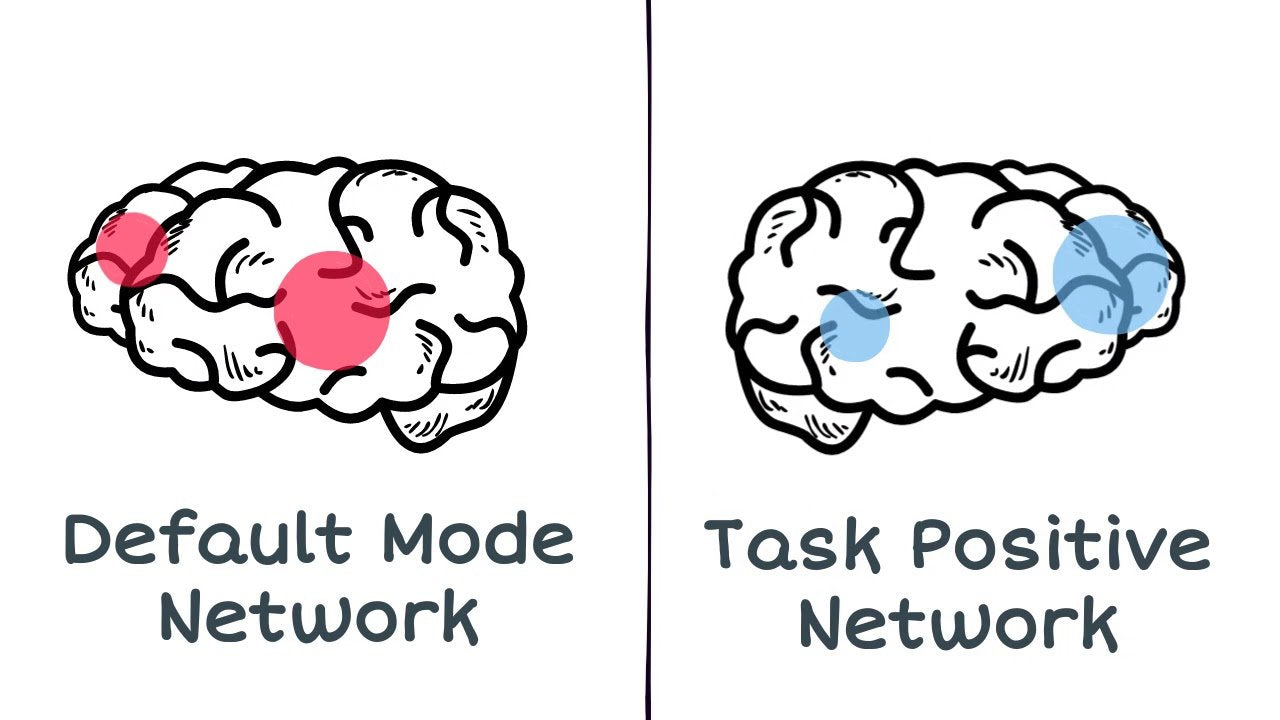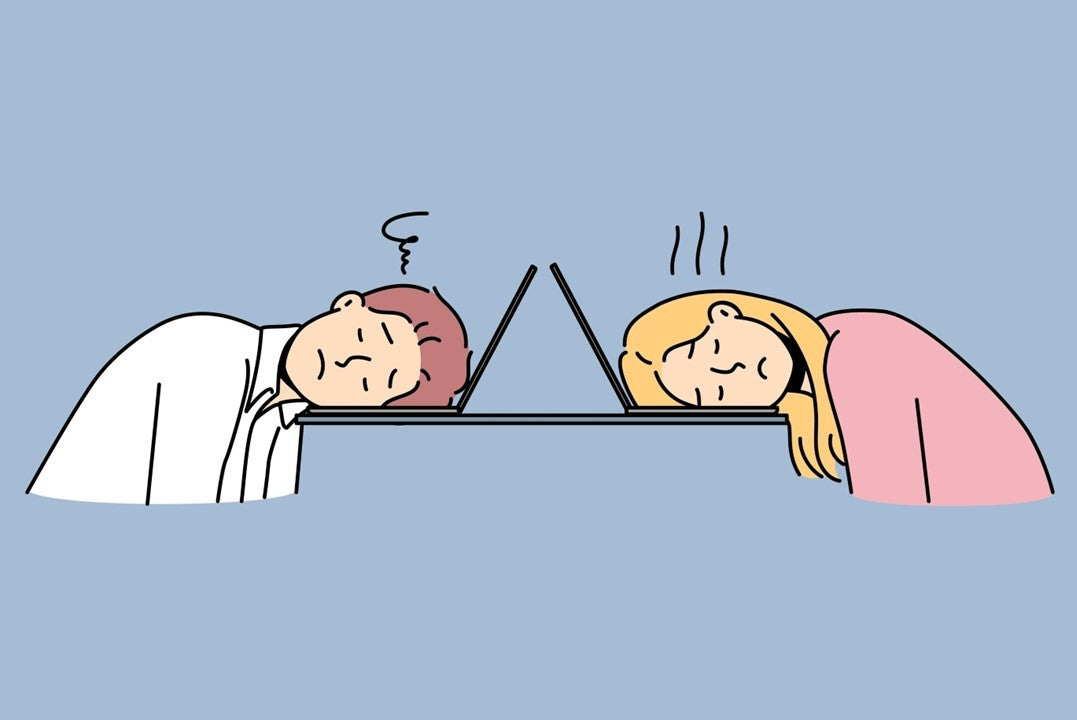When it comes to rest, many people think of it as an optional part of their work schedule and try to minimize rest time in order to increase productivity. However, in reality, deliberate rest can actually make work more effective. Alex Soojung-Kim Pang proposes in his book "Rest: Why You Get More Done When You Work Less" that the relationship between rest and work is like that of a couple, where focusing only on work and neglecting rest is akin to focusing only on one person in a relationship.
Note the word "deliberate" here. Rest is not just leisure time after being busy with work; rest is an equally important need that requires planning. Studies in neuroscience have found that the state of "rest" does not mean "doing nothing." The brain remains active, but different systems are active. The Default Mode Network(DMN) and the Task Positive Network(TPN) are two important systems in the brain. When our consciousness is focused on something, the TPN is active. When we rest, our attention is relatively diffuse, and the DMN becomes active. The activation of the DMN has been shown to be related to creativity, which is one of the reasons Alex strongly emphasizes the importance of rest.
Since rest is so important, how can we deliberately rest? The author provides some suggestions in the book.
1. Focus for four hours a day and establish a regular work habit: From the experiences of many athletes, writers, musicians, and other individuals, it has been observed that the effective practice time per day is about four hours.
2. Napping: Napping not only relieves fatigue and makes us more alert, but it also improves memory and cognitive abilities, reduces errors and negative behaviors, and extends the overall working time of the day. Some people also use napping as a way to trigger thoughtful insights and ideas.
3. Sleep: Sleep is the process of repairing brain cells and is crucial for maintaining vitality throughout the day. Sleep is a natural form of deliberate rest for the body. Since the 1930s, sleep scientists have gradually recognized that sleep is an actively engaged behavior of living organisms. During sleep, the brain is busy repairing damaged cells, clearing toxins, consolidating memories, and generating dreams
4. Deep play: This refers to activities that require focus and skill, such as marathon running, painting, sailing, rock climbing, etc. These "deep play" activities help stimulate imagination and provide various elements of recovery, thereby achieving the goal of restoring energy.






Leave a comment
This site is protected by reCAPTCHA and the Google Privacy Policy and Terms of Service apply.